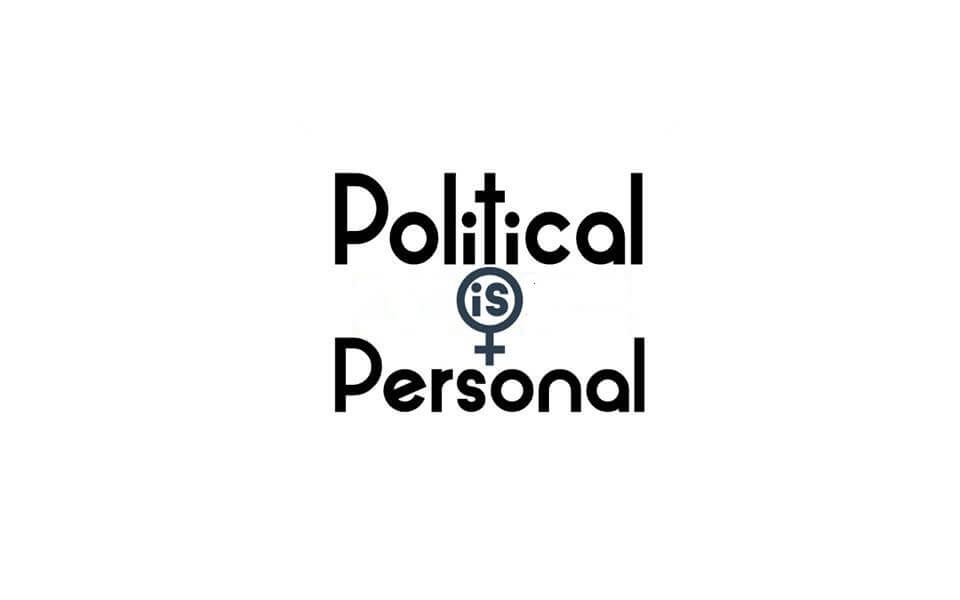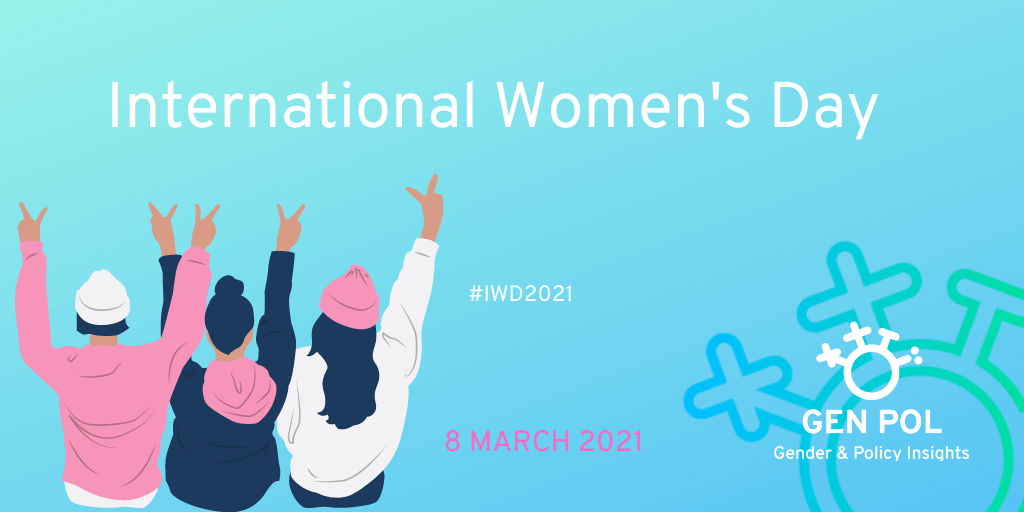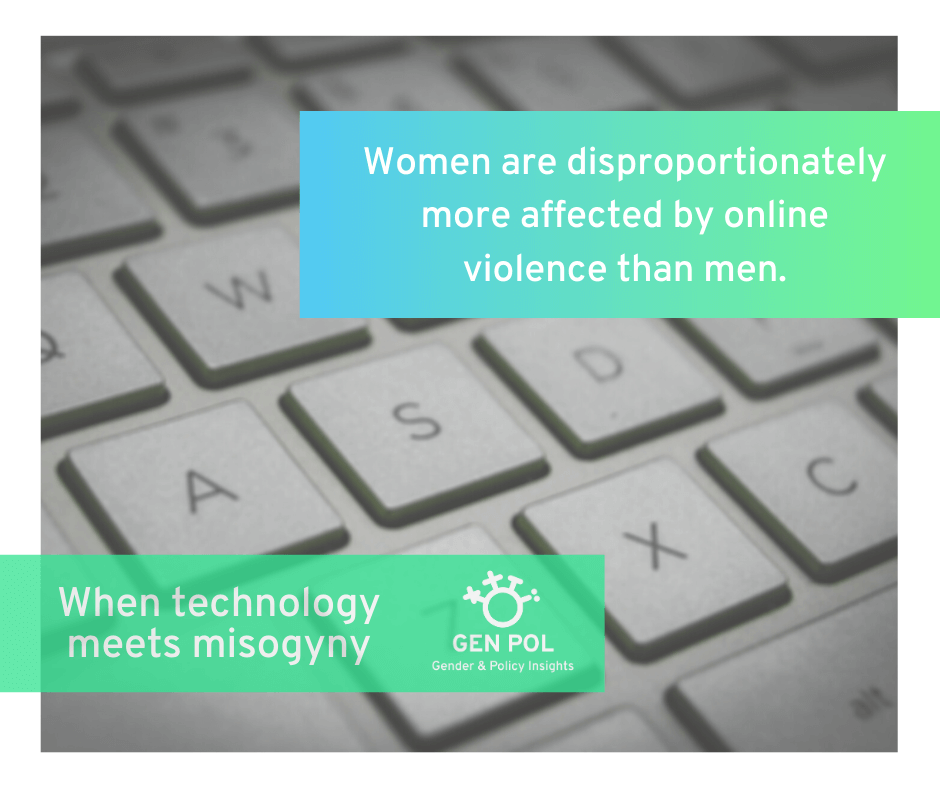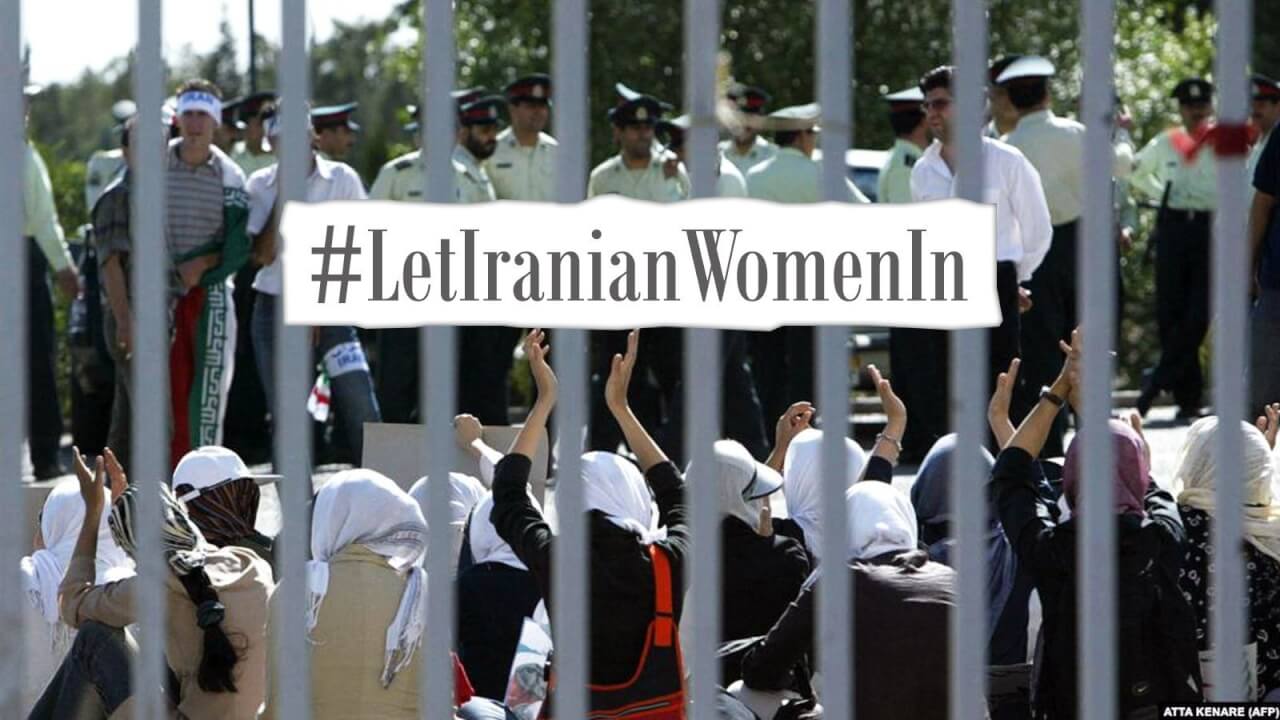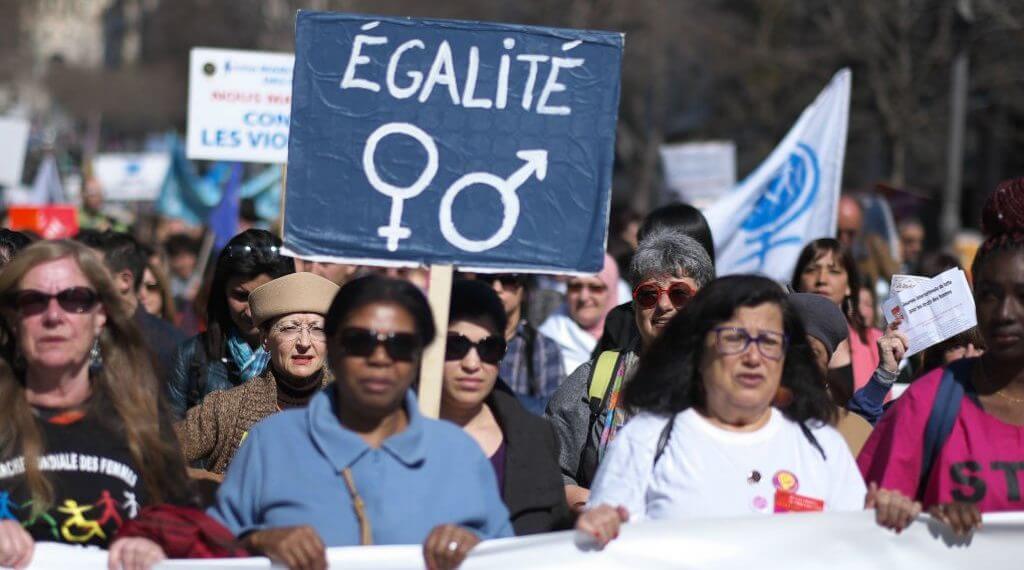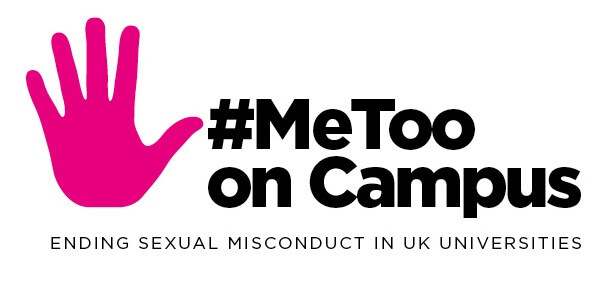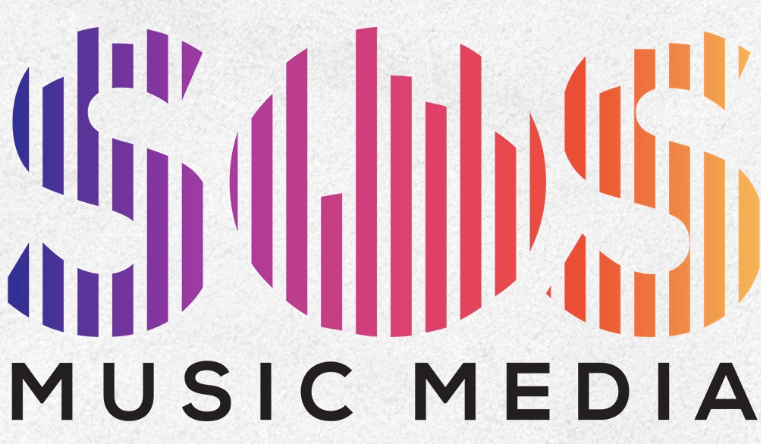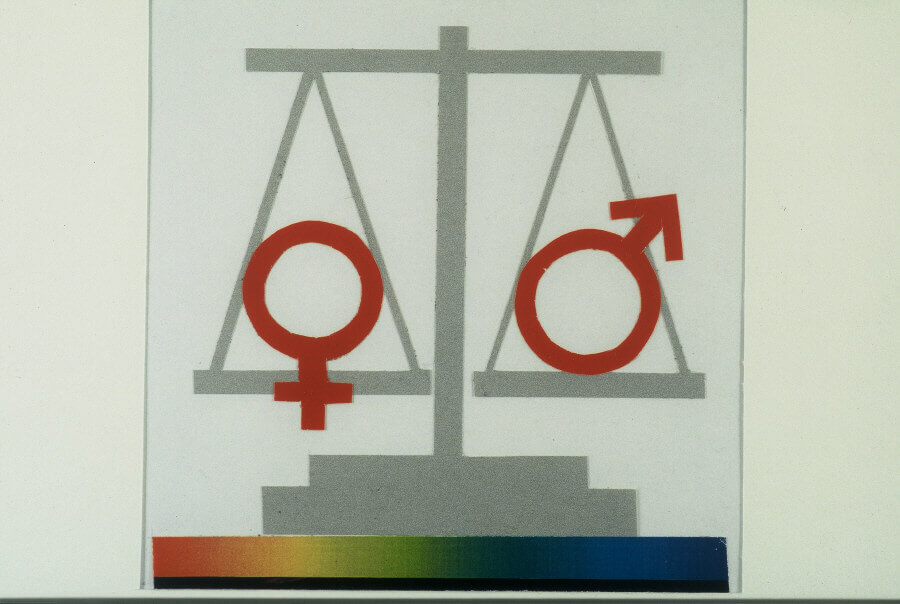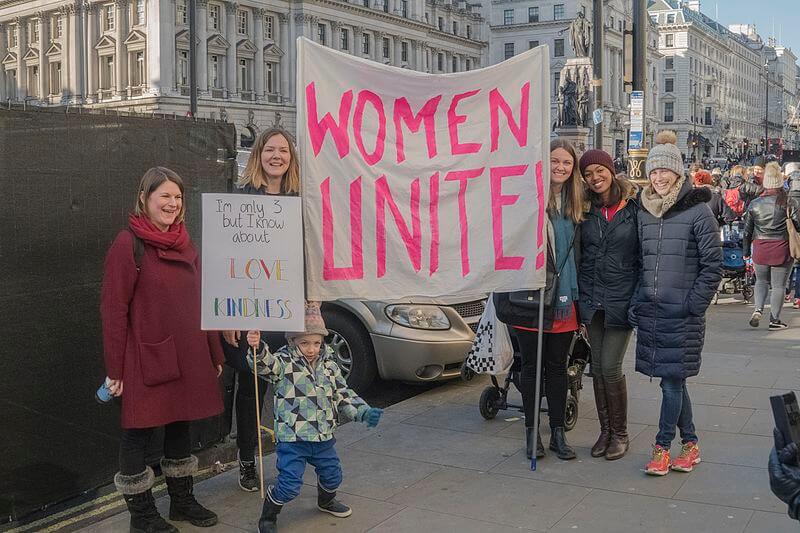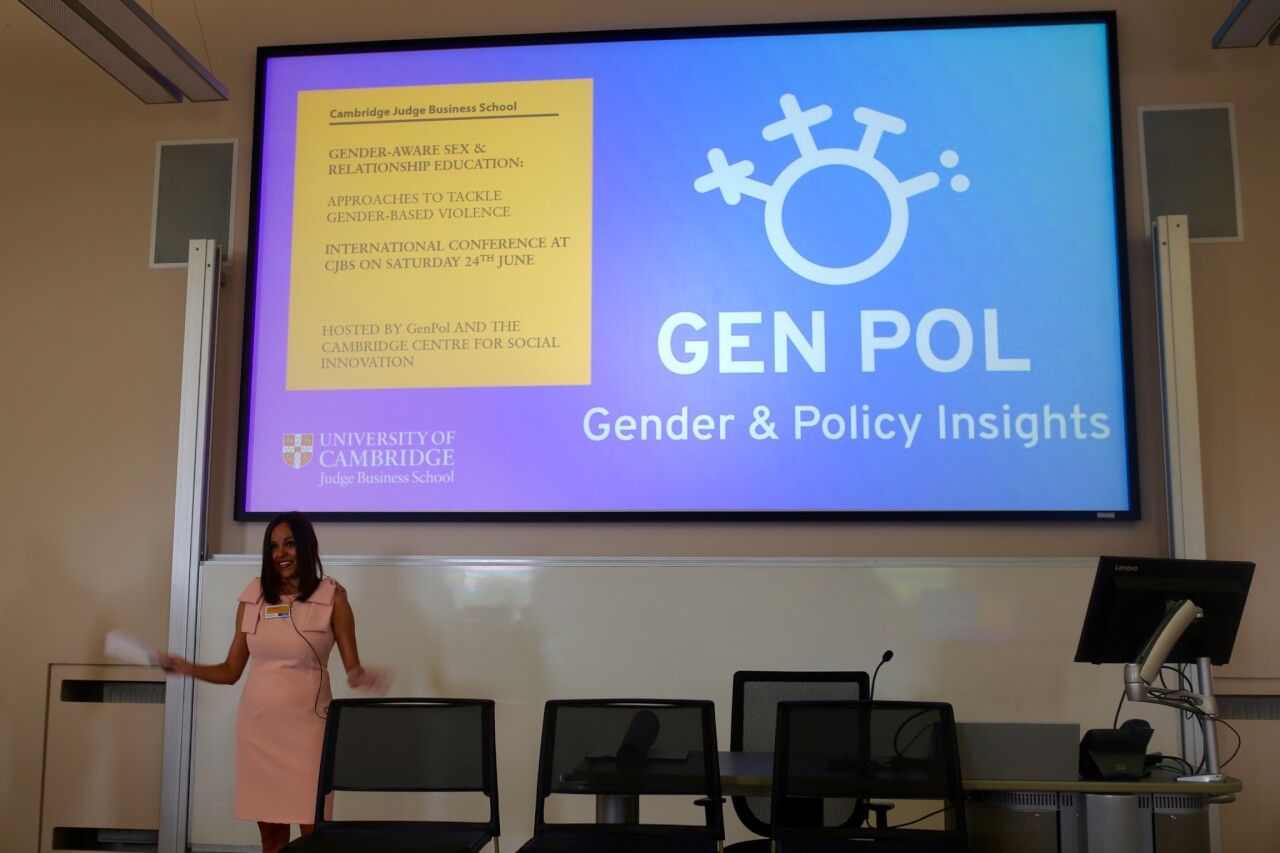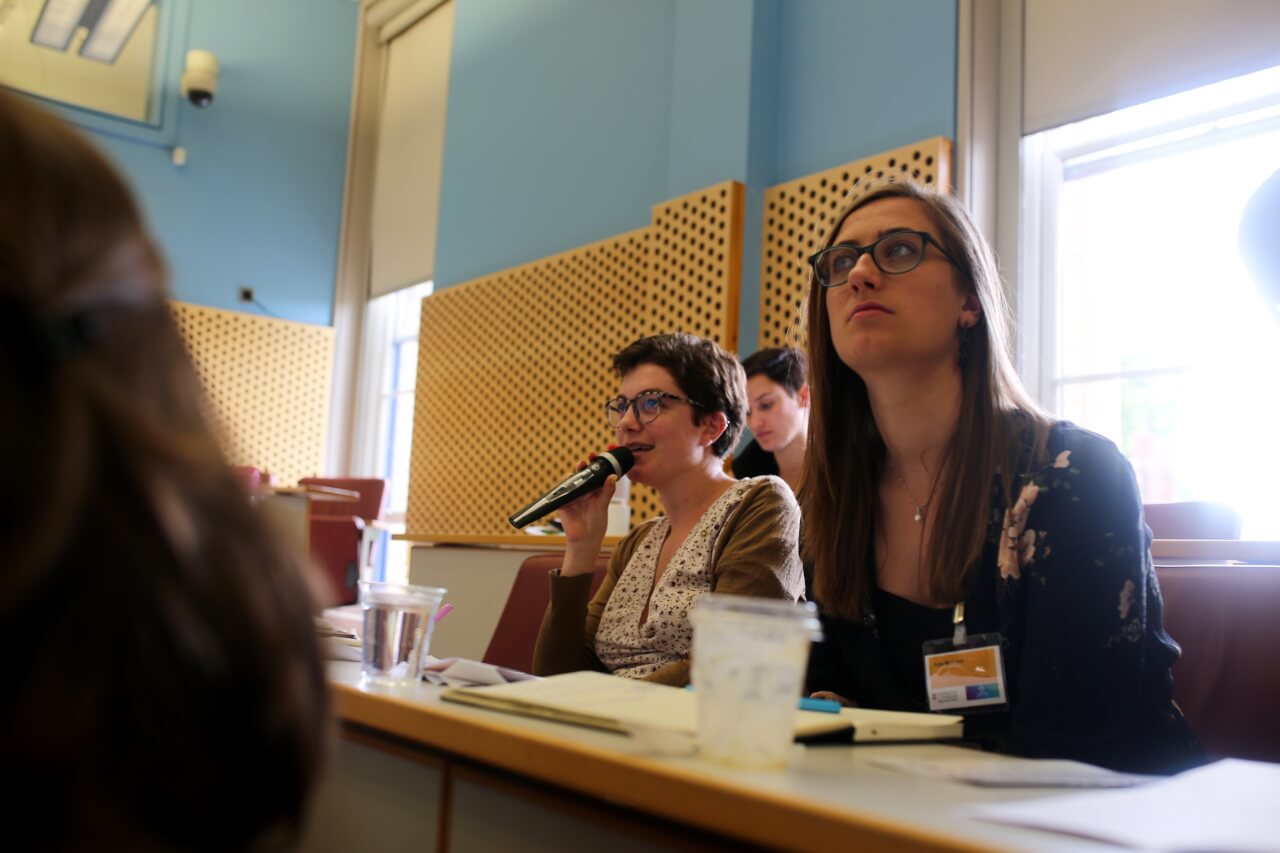
Pornography and feminism are often seen as antithetical to one another, and it’s not hard to see why. To say that the consumption of pornography contributes to gender based violence is an oversimplification. Yet, it seems undeniable that constant exposure to violent or degrading images of women, churned out by an industry which grossly under-represents them in creative roles, is going to be at odds with a movement concerned with autonomy and equality. This has lead to many in the feminist movement giving up on pornography all together by calling for its censorship. However, there are two reasons as to why I think that this is a misguided approach.
Firstly, writing pornography off as irrevocably damaging furthers the idea that the porn industry is something that cannot change – and if it is viewed as something that cannot change, then it will not change. The impact of this deterministic attitude can be clearly seen in the way that inclusivity and non-discrimination in pornography has been severely stunted in comparison to other industries. For instance, within the mainstream pornography industry it is still not uncommon for white women to be offered more money to perform in scenes with black male performers, a decision that is not only an example of flagrant workplace discrimination but also serves to bolster the view that interracial sex and relationships are justifiably considered extreme or taboo.
By viewing the porn industry as purely ‘bad’ you remove any tools for sifting out instances of blatant discrimination, instances that in other, less stigmatised industries would almost certainly result in legal action and media coverage. The result of this is an atmosphere where performers are held fully responsible and the injustices they face are seen as a standard occupational hazard than a serious breach of their entitlements, not only as employees, but also as people. By furthering the stigmatisation of the porn industry we rob the people working within that industry of the ability to claim their rights, and to be listened to and respected when they do.
My second reason for thinking that a totally dismissive approach to pornography is wrong stems from the reason that pornography is viewed as damaging by many feminists in the first place. Pornography has been seen as a detrimental influence due to its ability to promote sexual norms. However, if its unique power lies in its ability to shape the way we think about sex and sexuality then surely it could also be harnessed to shape sexual scripts, promoting equality in the sexual sphere rather than maligning it?
My research focuses on whether a more ‘empowering’ re-calibrated pornography is possible, and indeed, whether it exists. In order to establish this, I have looked at production companies with explicitly political and ethical agendas[1]. Self proclaimed ethical or feminist pornography tends to have a number of features in common. Firstly, the companies responsible for this kind of pornography employ women as scriptwriters, producers, directors, editors and so on, rather than simply as performers. They also tend to have an explicit focus on the enthusiastic consent of the performers, and pay performers equally irrespective of gender, sexuality, race or sexual act performed.
When expressed like this the idea that pornography made for women by women could be liberating is seemingly uncontroversial. Working in the porn industry may make a woman financially independent or increase their confidence, giving them new freedoms to do things that previous generations of women would have been unable to do. Furthermore the emphasis on equal pay and enthusiastic consent in the production of feminist pornography helps to decrease the exploitation of women in the industry.
However, this kind of pornography is not only liberating for the individual women directly involved in its production. Feminist pornography also coaxes its audience into viewing the women it depicts as full moral agents, rather than simply objectifying them. Many feminist pornographers film ‘real life’ couples and make this explicit in the films. Although they may be engaged in similar acts to those depicted in mainstream pornography, the fact that the performers are real couples invites us to view them as we know they view each other, with respect. Furthermore the films tend to be more developed, with the sex act being part of the narrative but not the whole narrative. By not encouraging the viewer not to sexualise the performers throughout, the audience is made more easily able to view actors as more than just sexual objects.
Finally, I would argue that feminist pornography’s commitment to representing a variety of voices and the idiosyncrasy of human desire is also instrumental in encouraging the viewer to rethink the way they view sexuality. Much of the content produced by self proclaimed feminist or ethical pornographers is crowd sourced, meaning that the films are often based on the fantasies of real people who are encouraged to write in to the production company. This ‘bottom up’ approach to content creation breaks down the traditional hierarchies between director and audience – whereas traditionally the directors vision is represented on screen this approach relies heavily on the voice of the would be consumer. This non-hierarchical approach to production invites the viewer to consider how a variety of perspectives can co-exist within the sexual sphere. This notion of sexual equality is bolstered by this kind of pornography’s tendency to represent atypical beauty and diversity. The conscious decision to move away from generic portrayals of female beauty has the dual effect of reminding the audience that women are not fungible commodities, but rather individuals with agency and desires.
In creating these associations between women as sexual beings and women as deserving of respect, pornography is able to play a role in establishing a new place for women within the sexual sphere. In humanising the depiction of women in pornography feminist pornographers are able to recalibrate the sexual power relations such that women are given a voice. The sexual scripts established by feminist pornography positions women such that they have equal sexual authority to men, insofar as their sexual desires are viewed and listened to as the desires of autonomous equals rather than interchangeable objects.
Emma Snell
Volunteer Intern
[1] Examples include Bright Desires, Pink and White Productions, and many of the studios featured on Shine Louise Houston’s platform PinkLabel.tv














